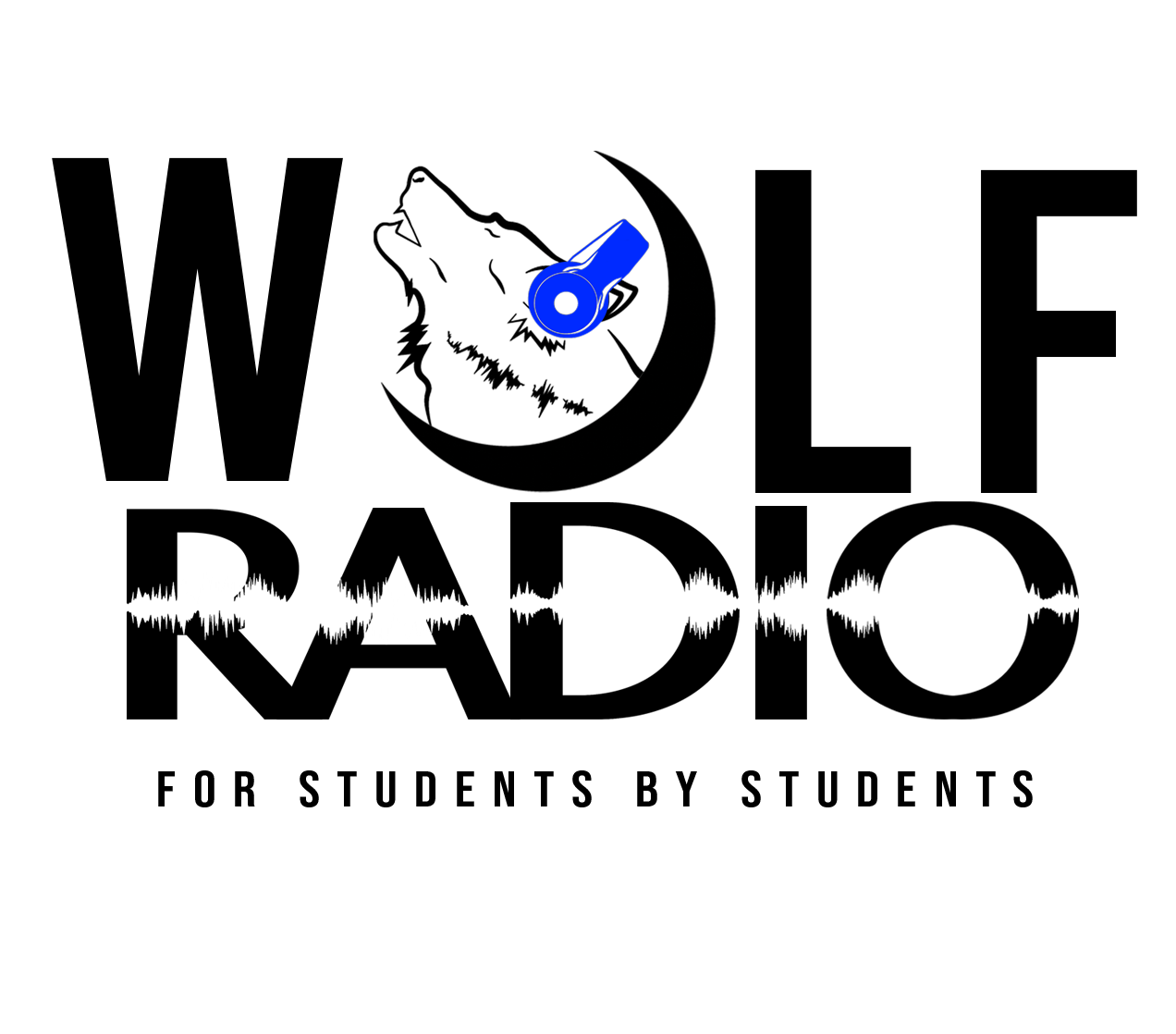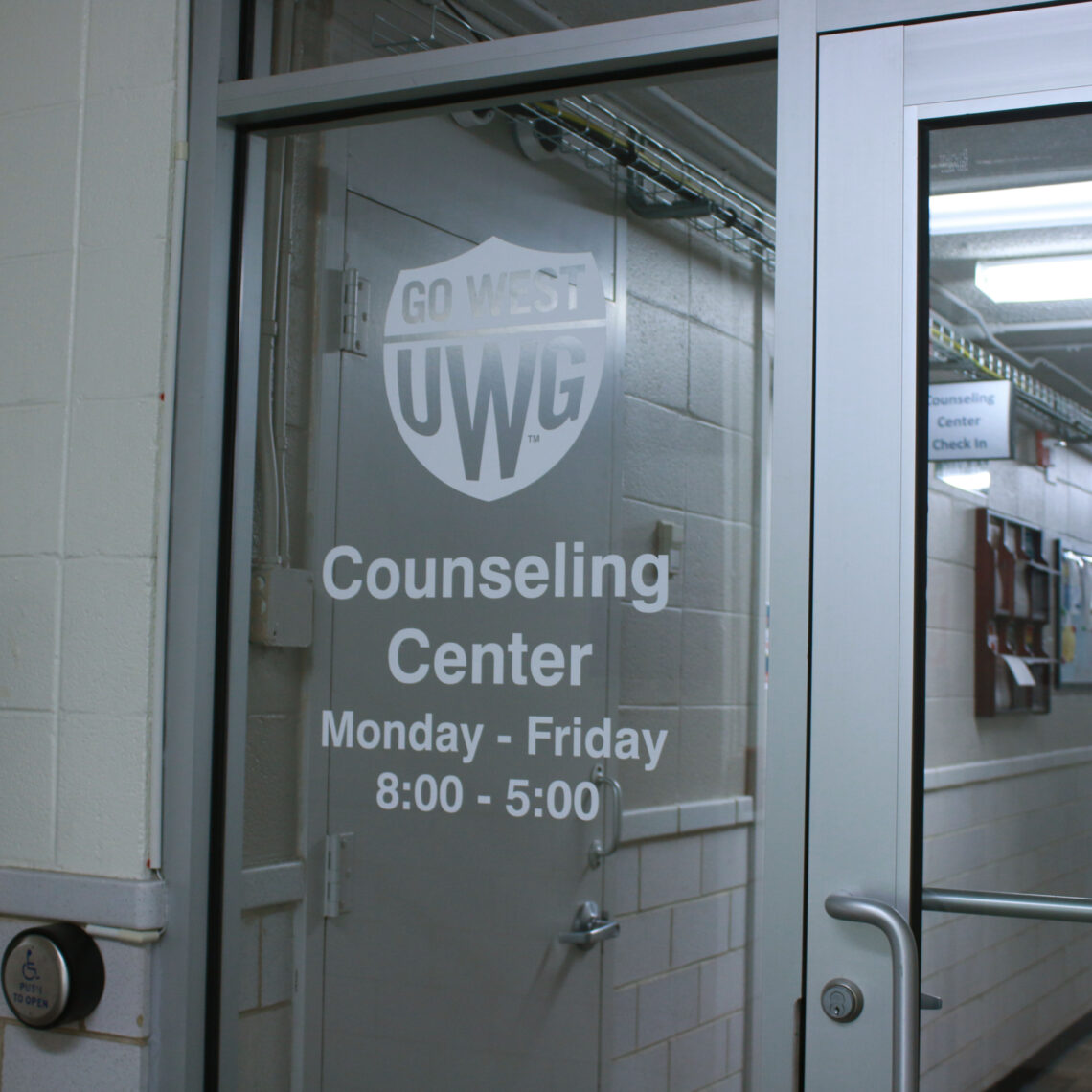This is a part two of a two part series in discussing the incidents that have happened in early 2021. See part one here: Sexual Assualt Awarenss on UWG’s Campus
In response to my last article, I have been doing some research on the university’s approach to handling cases of sexual assault. Myself, along with many women on campus, were disappointed in the emails that we’ve received from UWG notifying us of cases of sexual assault which are laced with victim shaming and shedding of responsibility from the university.
While doing my research, I found many of the resources that UWG boasts so often about. On UWG’s confidential victim services page, there are a plethora of crisis resources that are offered. These include a 24/7 victim services hotline and nurses on staff at Health Services who are trained Sexual Assault Nurse Examiners. There are medical examinations, screenings, medications, and evidence collection offered. Meetings with advocates are free, and they can advocate on the victim’s behalf for legal, academic, and housing needs. They can refer the student to counseling or lead them to other services they may need. They emphasize patient privacy and non-judgmental treatment. Along with these services, the counseling center can provide free counseling and inform the student of their rights under Title IX. New students and employees are also required to take an Ever-fi course at the beginning of their time at UWG. This provides real-world examples of how to deal with cases of sexual assault and alcohol consumption.
Yet, this represents a part of the larger issue at hand with sexual assault. There is a large disconnect between resources offered and victims getting those resources. Shame, confusion, guilt, or fear of retaliation are some reasons why victims may go without reporting what happened to them. Universities can offer as many after-the-fact resources as possible, but that does not get to the root cause of the issue or prevent these situations from happening. Creating a healthy dialogue about consent is one of the key factors to improving the safety of women at this university.
The most recent Clery Act email that was sent out is a perfect example of this vicious cycle. The victim reported the incident and then was brushed off in front of all UWG students because they knew their rapist. Additionally, none of these resources appeared in the Clery Act emails that we received when the sexual assault occurred.
This is not unique to UWG. According to the US Bureau of Justice Statistics, it is estimated that only 15 to 35% of sexual assaults are reported to the police. Even worse, when these cases are reported, only 3% of rapists will spend a day in jail, according to the National Rape, Abuse, and Incest network. While many crisis resources are available to these victims, fear of retaliation, guilt, shame or confusion are some factors that prevent victims from getting help. Other students may see how the situation was handled through the Clery Act email and be less inclined to seek help.
One UWG student spoke about her experiences at the Kickback at West meeting regarding the removal of the basketball goal from The Village. The student was walking through the Oaks parking lot late at night when two intoxicated boys began to chase her. She went to the police only for her story to be rejected. The police have done nothing to prosecute the boys who attacked her. These stories discourage victims from seeking help.
While we may never be able to fully prevent these situations from happening, we can do better. It starts with us working within our communities and friend groups. It’s creating those conversations that can open minds and heal those our society has brushed aside.










